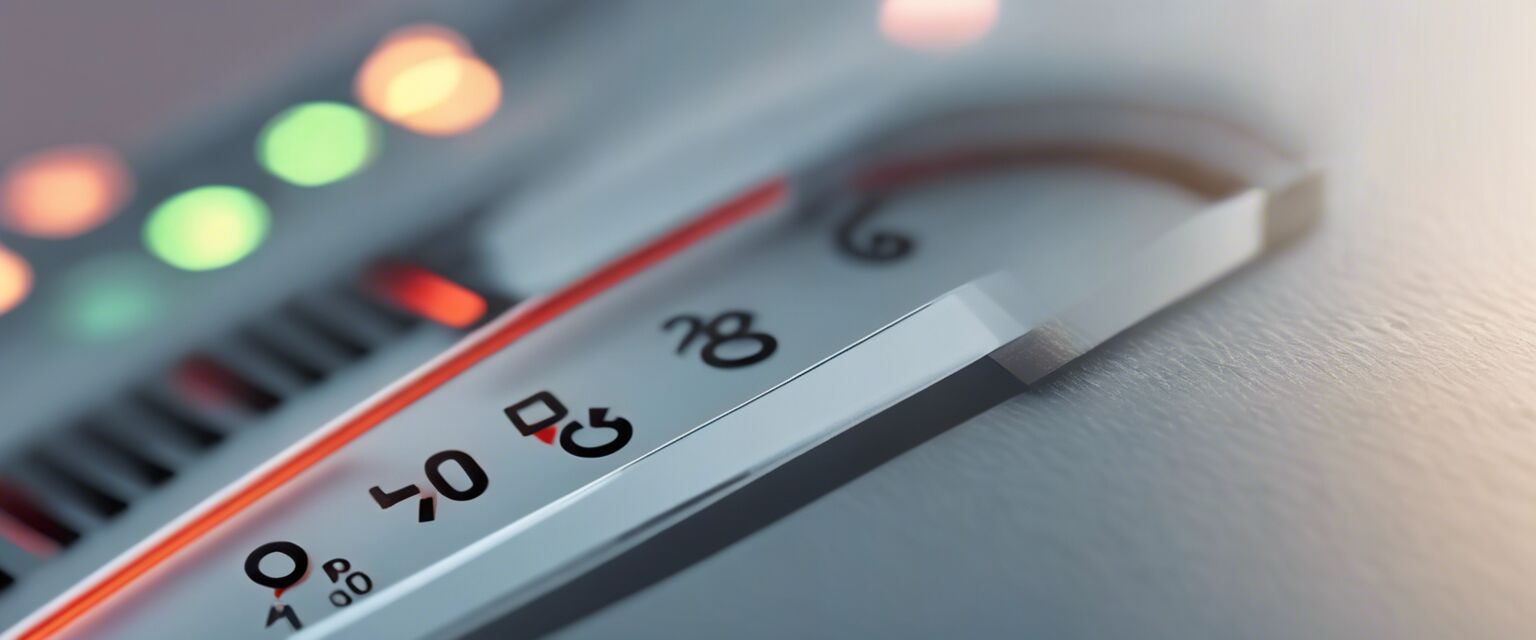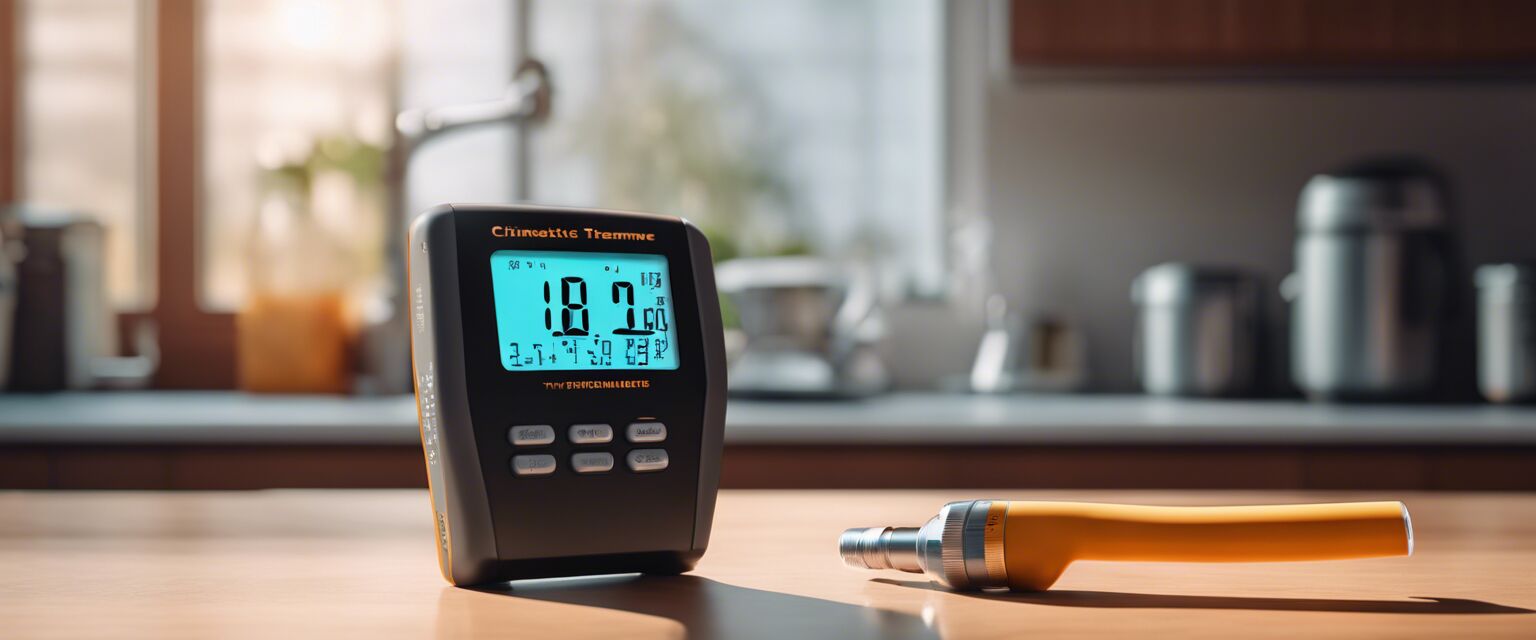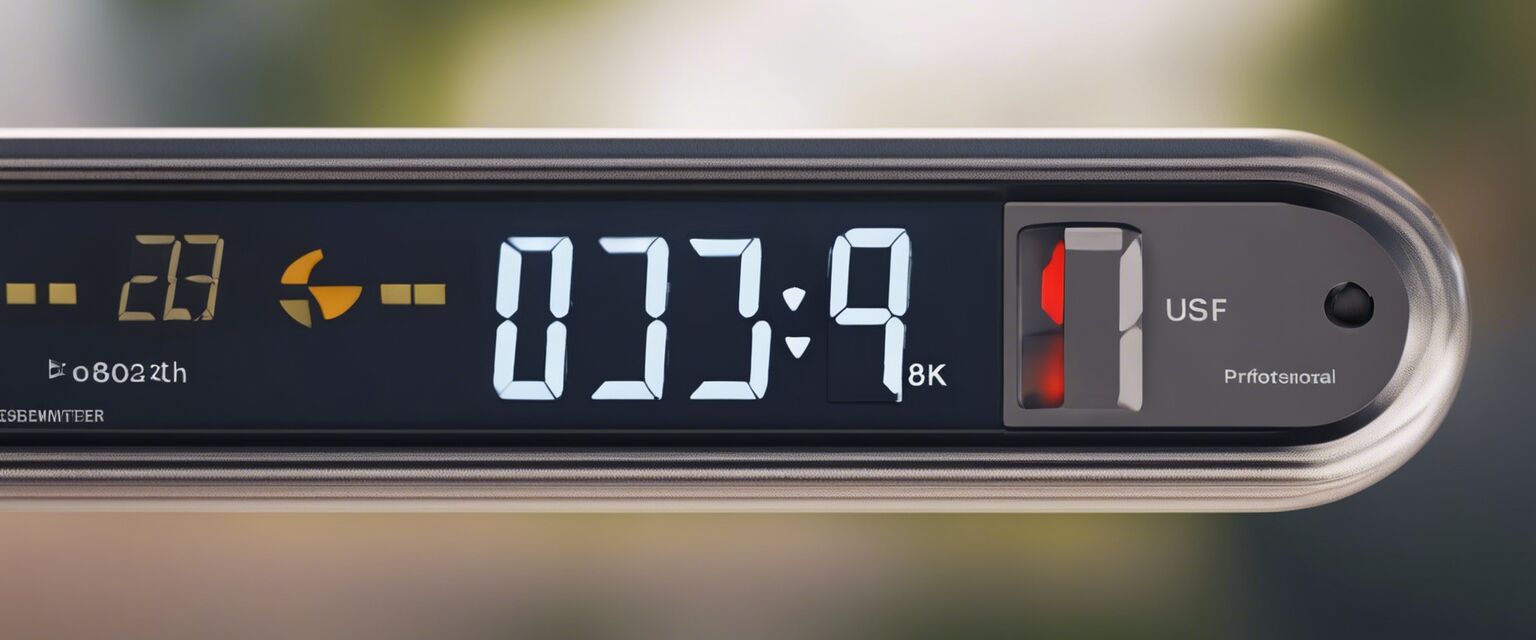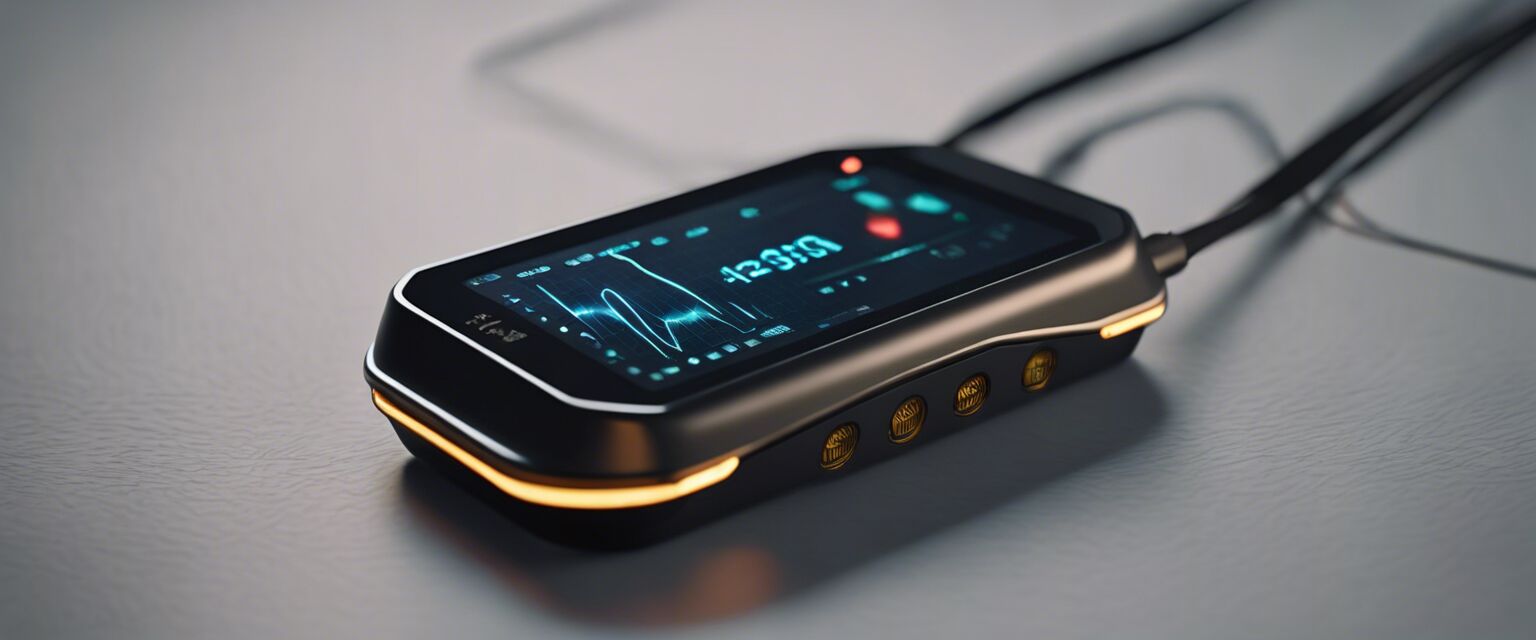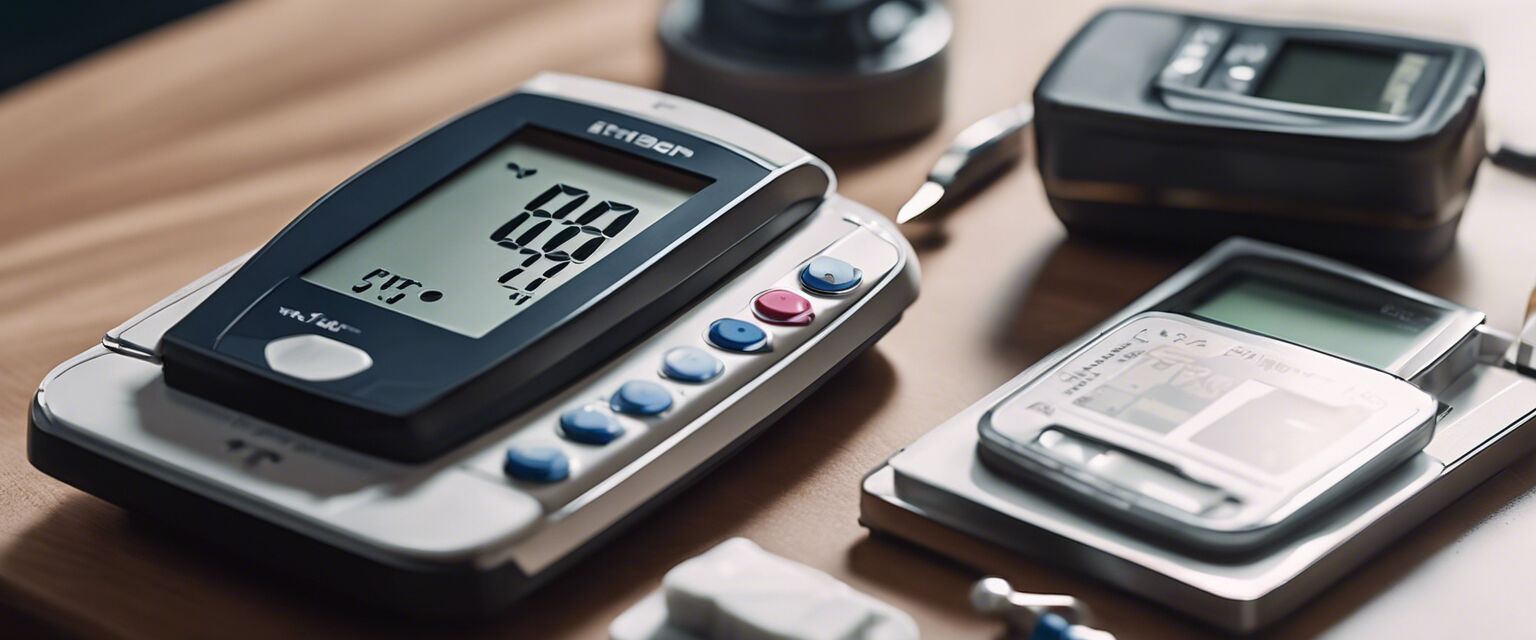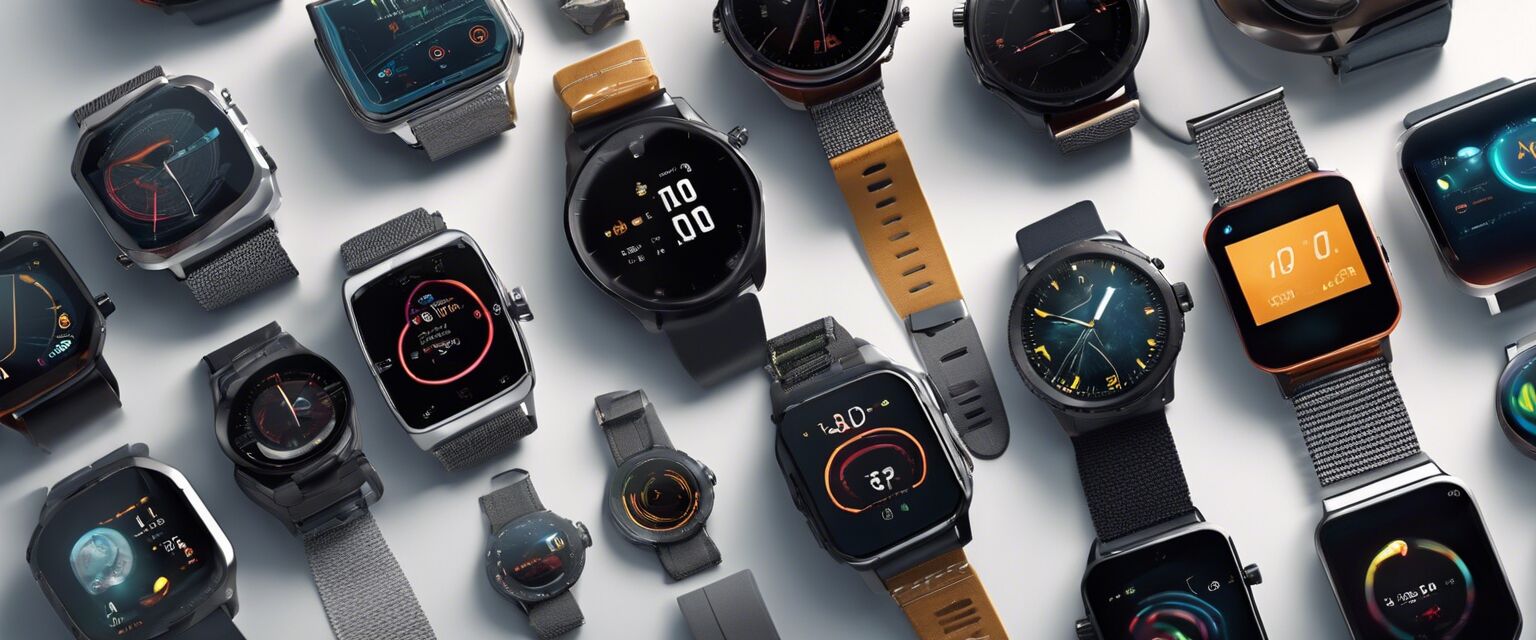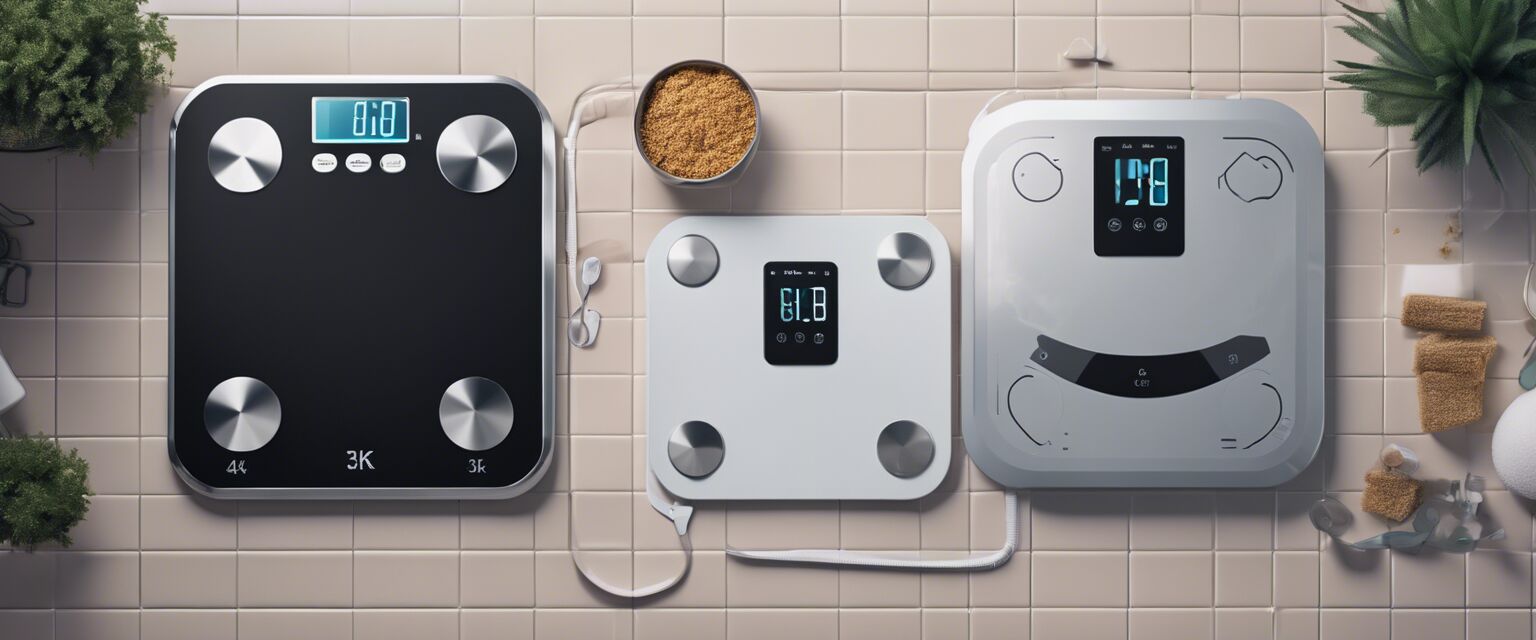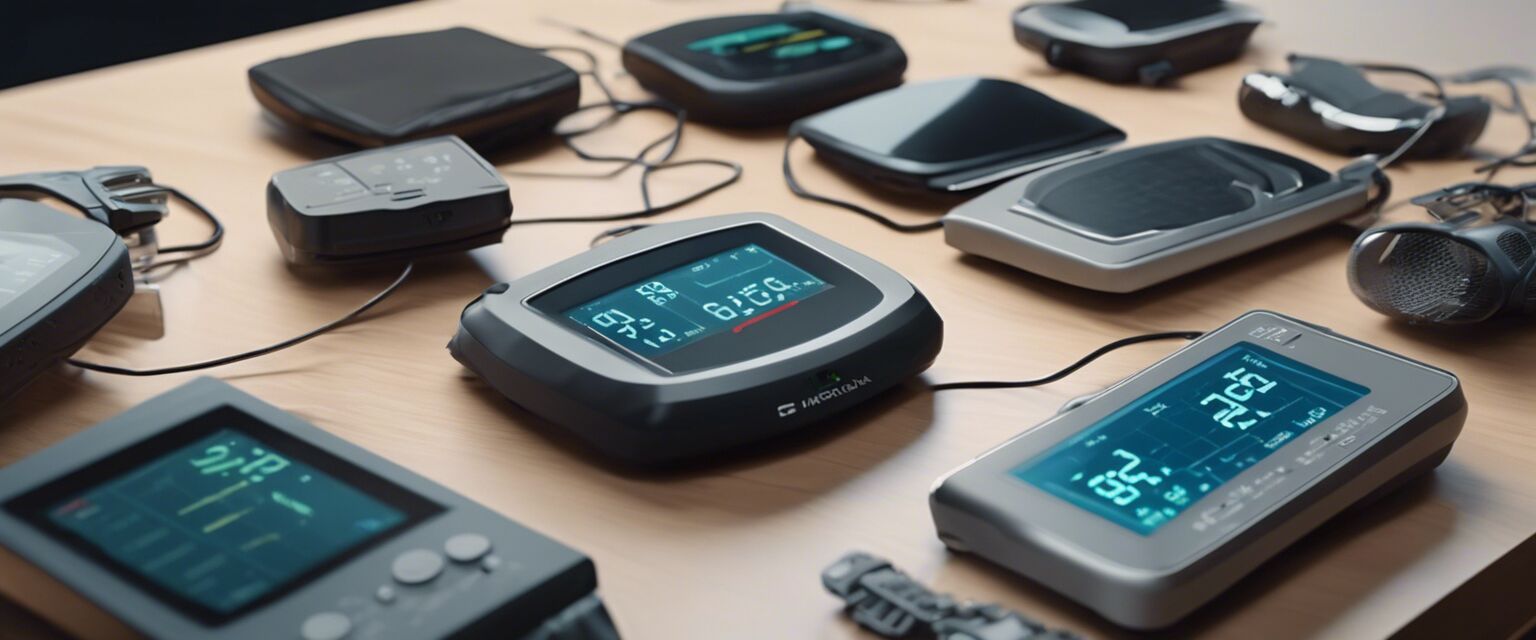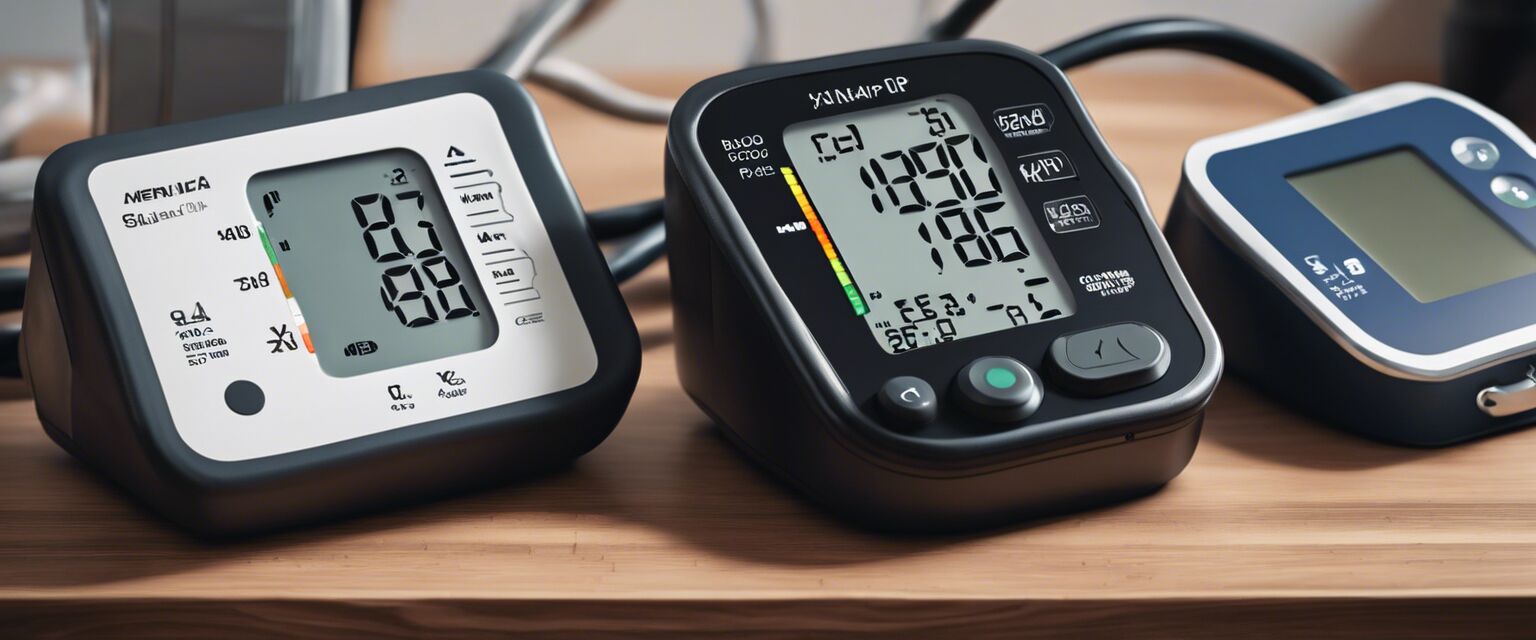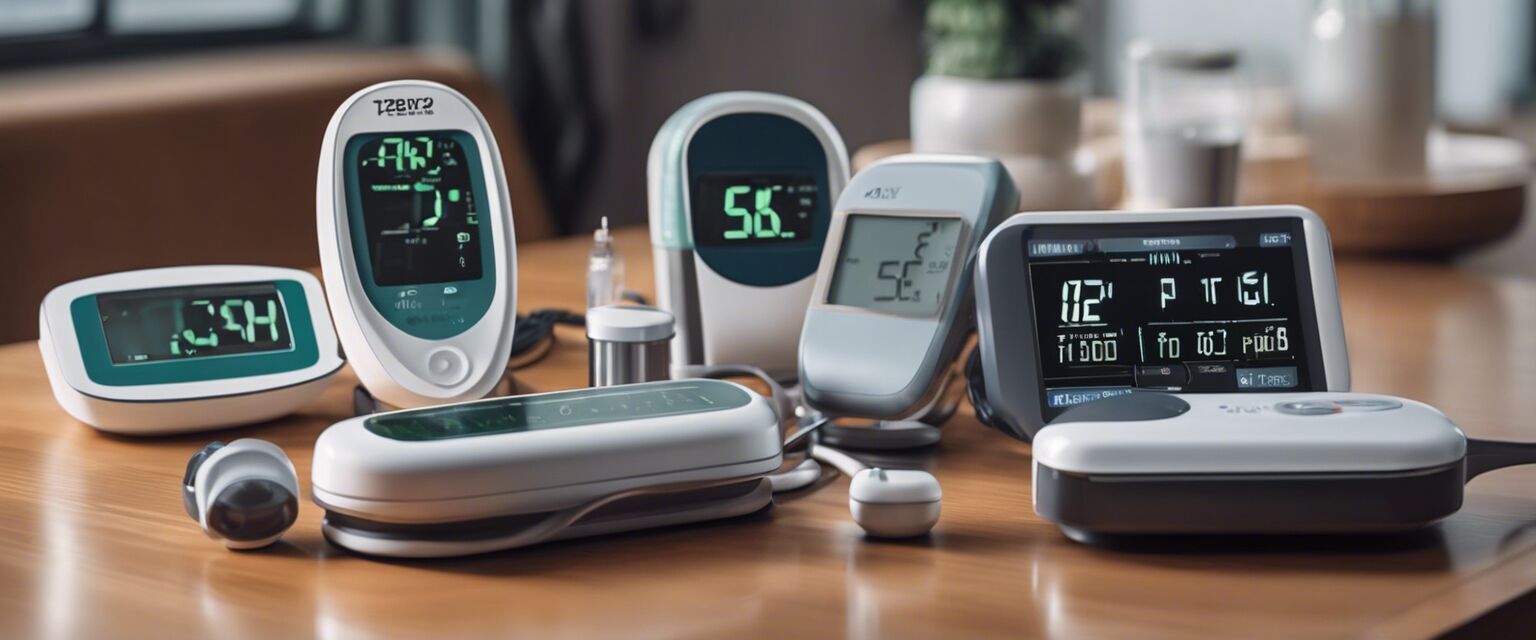
Thermometers
Key Takeaways
- Thermometers are essential tools for monitoring body temperature.
- Digital thermometers provide fast and accurate readings.
- Smart thermometers can sync data with apps for continuous monitoring.
- Choosing the right thermometer depends on your specific needs and preferences.
When it comes to monitoring your health, thermometers play a crucial role in tracking your body temperature. In this article, we will dive into the different types of thermometers, comparing digital and smart options, highlighting their features, and helping you make an informed decision.
Types of Thermometers
There are several types of thermometers available on the market today, each with its own unique features. Here are the most common types:
- Digital Thermometers
- Infrared Thermometers
- Smart Thermometers
- Glass Thermometers
- Forehead Thermometers
Digital Thermometers
Digital thermometers are widely used due to their accuracy and ease of use. They provide quick readings, usually within seconds.
Smart Thermometers
Smart thermometers connect to your smartphone or tablet, allowing for easy tracking of temperature over time. This feature is especially useful for monitoring fever in children.

Comparison of Digital vs. Smart Thermometers
| Feature | Digital Thermometers | Smart Thermometers |
|---|---|---|
| Accuracy | High | High |
| Speed of Reading | Fast (10-30 seconds) | Fast (10-30 seconds) |
| Data Tracking | No | Yes |
| Sync with App | No | Yes |
| Price | Affordable | Moderate to High |
How to Choose the Right Thermometer
Choosing the right thermometer depends on various factors:
- Purpose: Determine if you need it for yourself, your children, or for multiple users.
- Type: Decide between digital and smart thermometers based on your preference for data tracking.
- Speed: Consider how quickly you need readings to be taken.
- Portability: If you travel often, a compact thermometer may be beneficial.
Pros of Using Thermometers
- Provide quick and accurate temperature readings.
- Help in monitoring health effectively.
- Smart options allow for data storage and analysis.
- Can be used in various settings (home, clinics, travel).
Cons of Using Thermometers
- Some models can be expensive, especially smart ones.
- Digital thermometers may require battery replacements.
- Not all thermometers are suitable for all ages (e.g., infants).
Maintenance and Care for Thermometers
To ensure the longevity and accuracy of your thermometers, proper care is essential:
- Clean the thermometer according to the manufacturer's instructions.
- Store it in a safe, dry place.
- Check batteries regularly for digital models.
- Replace any damaged components immediately.
Conclusion
In conclusion, thermometers are indispensable tools for health monitoring. Whether you choose a digital or smart thermometer, understanding their features and the best practices for use will help you maintain your health effectively. For more information on health monitoring devices, check out our other categories:
- Blood Pressure Monitors
- Body Composition Scales
- Fitness Trackers
- Glucose Monitors
- Pulse Oximeters
- Smartwatches
